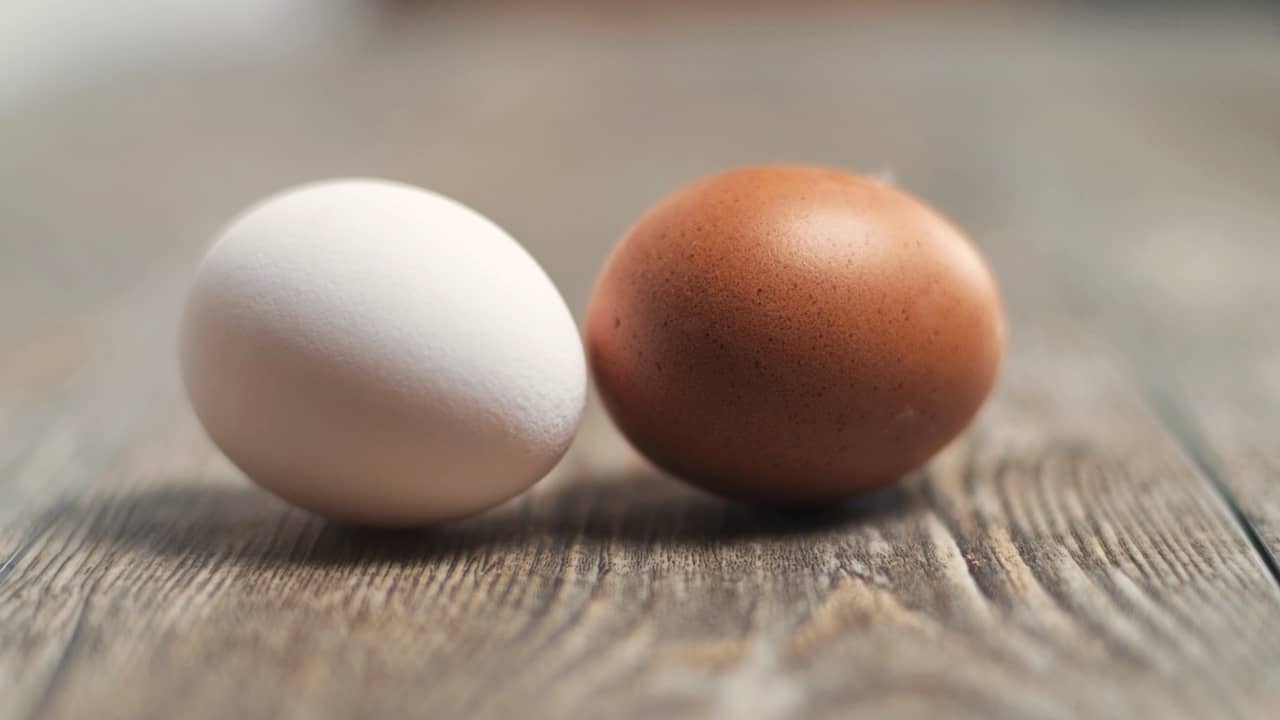Eggs are a staple in the diet of millions worldwide, and they are not only delicious but also packed with essential nutrients. For those who raise chickens, obtaining healthy eggs is a top priority. In this guide, we’ll explore various aspects of chicken egg production, ensuring you get the healthiest eggs possible.

Table of Contents
The Foundation: Healthy Chickens
Start with Strong Foundations
Healthy eggs begin with healthy chickens. To ensure the quality of your eggs, you must first focus on the well-being of your flock. It includes providing them with a balanced diet, clean water, and a comfortable living environment.
Balanced Nutrition
Proper nutrition is essential for the health of your chickens. Ensure that they receive a balanced diet that includes all the necessary nutrients. You can find various commercial poultry feeds available in the market, and their prices typically range from 1,500 PKR to 2,500 PKR for a 50-pound bag, depending on the brand and quality.
Ensuring Good Hygiene
Cleanliness is Key
Maintaining cleanliness in the chicken coop is crucial. Clean living conditions help prevent diseases and ensure that your eggs remain uncontaminated. Regularly clean the coop, change bedding, and provide clean nesting boxes for your hens.
Safe Drinking Water
Clean, fresh water is vital for both the health of your chickens and the quality of your eggs. Invest in a good water filtration system to ensure that the water your flock consumes is free from impurities.
Disease Management
Preventative Measures
Preventing disease is far easier than treating it. Implement biosecurity measures, quarantine new birds, and vaccinate your flock as needed. The disease can not only harm your chickens but also lead to a decline in egg quality.
The Right Nesting Boxes
Comfortable Nesting Spaces
The design and cleanliness of your nesting boxes matter. Chickens prefer clean, quiet, and comfortable spaces to lay their eggs. Ensure that the nesting boxes are lined with clean bedding and are free from drafts.
The Egg Collection Process
Collecting Eggs
When collecting eggs, do so regularly, ideally at least once a day. Eggs left too long in the nest can become dirty or cracked. Handle the eggs gently to avoid damage.
Quality Feed
The Role of Feed
The quality of the feed you provide to your chickens directly impacts the nutritional value of the eggs they produce. Higher quality feed, which can cost around 2,500 PKR for a 50-pound bag, generally results in eggs with a richer nutrient profile.
Maintaining Lighting
Proper Lighting
Chickens require adequate lighting to lay eggs consistently. Providing artificial lighting can help maintain egg production during the darker months of the year. Prices for lighting systems vary but can be found starting from around 2,000 PKR.
Healthy Hens, Healthy Eggs
Strong and Happy Hens
The well-being of your hens plays a significant role in the quality of the eggs they produce. Stressed or unhealthy hens are more likely to lay subpar eggs. Ensure that your hens are not overcrowded and have enough space to roam.
Addressing Egg Quality
Understanding Egg Quality
The health of your chickens does not solely determine the quality of eggs. It can also be influenced by factors such as the hen’s age and breed. Generally, younger hens and certain breeds produce eggs with stronger shells.
Shell Quality
Eggshell quality is a critical aspect of egg health. Strong shells are less likely to crack and are more resilient to contamination. Ensure your hens receive adequate calcium in their diet to support shell development.
The Yolk and the White
The color and consistency of the yolk and egg white can also indicate egg quality. A vibrant, firm yolk and clear, thick egg white are indicators of a healthy egg.
Storing Eggs Properly
Preservation Methods
Storing eggs is essential to maintain their quality. Eggs should be stored in a cool, dry place, ideally in a refrigerator, with the large end up. Proper storage can prolong the freshness of your eggs.
Egg Collection Frequency
Regular Collection
Collecting eggs is not just good for cleanliness; it can also encourage your hens to continue laying. Make egg collection a part of your daily routine.
Maintaining Egg Integrity
Gentle Handling
When collecting and handling eggs, be gentle to prevent cracking and damage to the shells. Even small cracks can lead to contamination and reduce egg quality.
Conclusion
Obtaining healthy eggs from your chickens requires a holistic approach. It starts with the well-being of your flock and extends to various aspects of their care, from nutrition to hygiene. Remember that healthy chickens are more likely to lay high-quality eggs.
By following the guidelines provided, you can ensure that the eggs you collect are not only delicious but also nutritionally robust. In turn, you’ll enjoy the satisfaction of knowing that you are providing your family with the very best in fresh, wholesome eggs.



